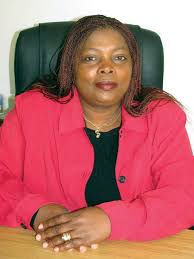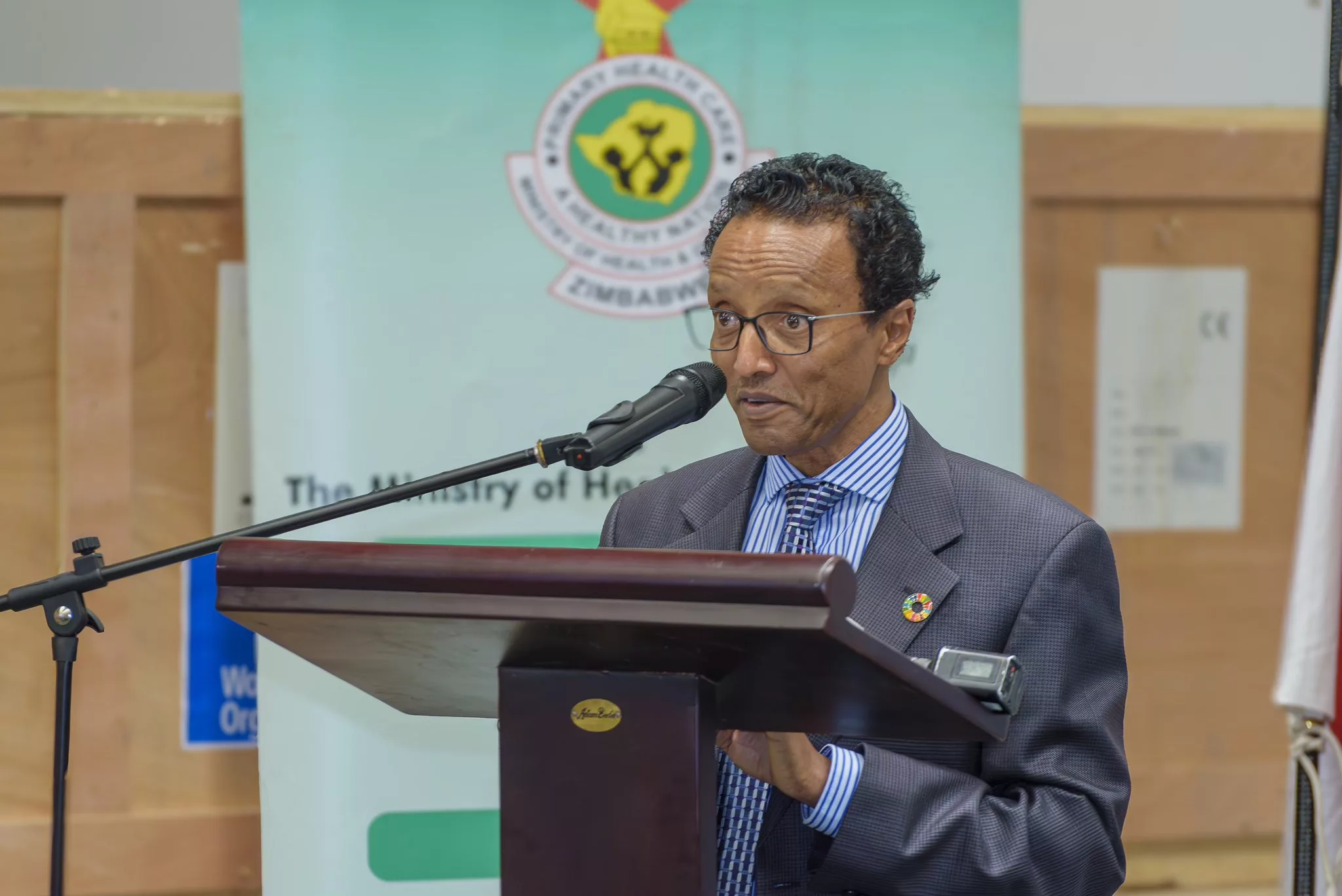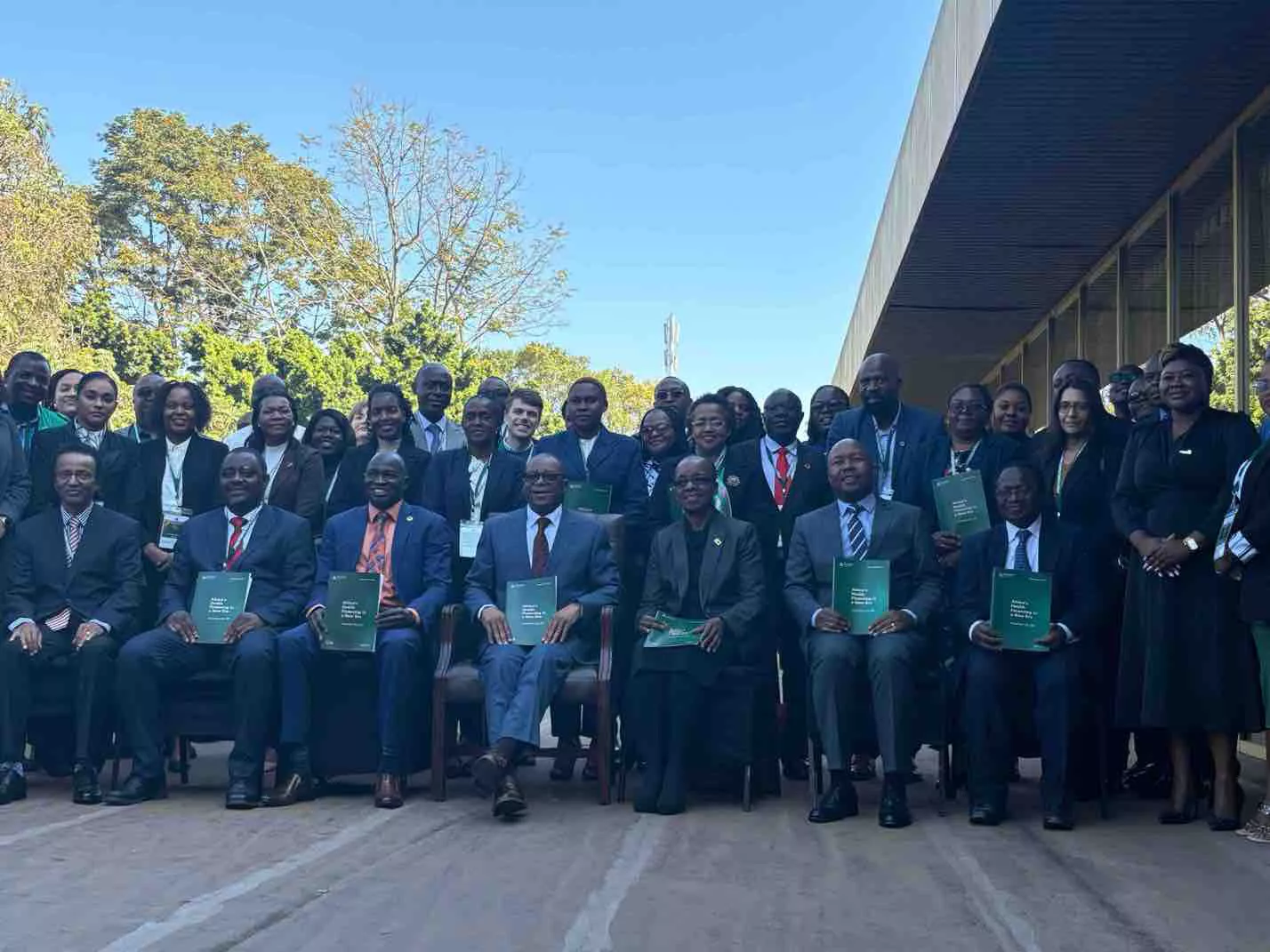By Nevson Mpofu
Tradition and culture negatively impact programmes that empower many promising young people. Although young people might still be disadvantaged by several social , economic and political factors related to culture and tradition, SAFAIDS, an HIV and AIDS regional organisation has taken a stance towards African values which over the past decades have undermined minds of young people.
The impact of patriarchy on the lives of young women has begun to go down slowly as African communities in particular have grown more modern to extents that women and girls have become aware of their rights, guided by protocols from the International level like the UN Universal Declaration for Human Rights of 1948, the Covenant On Social, Economic and Cultural Rights of 1966 , the 1979 Convention on the Elimination of All Forms of Abuse Against Women [CEDAW] , the Covenant on Civil and Political Rights and the Convention on the Rights of the Child .
Such International Instruments together with the 1995 Beijing Declaration for ACTION in China raised women’s voices in this era of HIV and AIDS of which we turn our heads to take monitoring and evaluation of our past in Reflective Practice which sums the success and failure of the past and look at what needs to be done to create an HIV FREE GENERATION ..
SAFAIDS has the VISION to make people realise their Sexual and Reproductive Health Rights for a free HIV, TB World. The organisation has KEY CORE AREAS of focus which are HIV PREVENTION including Prevention of Parent to Child Transmission [PMTCT] , GENDER , HIV and CULTURE , SEXUAL and Reproductive health and ADVOCACY , POLICY and RESEARCH. There is need for SAFAIDS to focus on KEY TARGET AUDIENCE that is Policy Makers and LEADERSHIP, Women and Girls, Young People and Key Populations that is Commercial Sex Workers and men having sex with men, injecting drug users.
SAFAIDS‘s recent Regional conference drew its participants from Zimbabwe , South Africa , Swaziland and Zambia from where its offices are in. The purpose of the conference was meant to promote learning and sharing on engaging men and boys to achieve the 2030 Agenda .As an objective, SAFAIDS shares progress and success , impact and lessons learnt , in scaling up involvement of men and boys in HIV and Gender-based violence [GBV] PREVENTION , CARE and TREATMENT and improved Sexual and Reproductive Health . [SRH] .
Lois Chingandu, the SAfAIDS Director, speaking on the sidelines of the conference said the shared main objective is to focus on the Youth Changing Rivers Flow.
‘’ The Rivers Flow focuses on Young People, Gender and HIV and AIDS. On ending HIV and AIDS, there is need to focus on PATRIARCHY which is the cultural and traditional norm which favors male domination on the expense of women and Girls of which over the past century in time memorial, women have been on the nasty receiving end in terms of unequal flow of community Development values like Women Empowerment, Community Share ownership of resources in equality and equity and women involvement, engagement and participation in community programs and projects,” Chingandu said.
‘’The expense is on women and girls who according to our culture and tradition were severely undermined in terms of their Rights. Young people are our target group on the receiving end. Most young girls have been vehemently exposed to HIV and AIDS because of male sexual activities which expose women, girls to Opportunistic Infections closely related to HIV and AIDS’’.
‘’We need to scale up the Changing Rivers Flow SAFAIDS Program for young people which links men and boys at Regional level. It is all about a symposium to foster action on Gender Norms Transformation at Regional level.
‘’As a Nurse, I am mainly concerned with Reproductive Tract Infections like VESCO – Vaginal fistula which is the tear between the vagina and anus. This has negative consequences of feces coming out through the wrong side because these young women give birth at an early age resulting in medical complications.’’
The Director also talked of other related diseases like Eclampsia which is Blood Pressure during pregnancy .During this time; lot convulsions pose threat to the mother and the baby. The other one is Cephalic –Pelvic Disproportion, which occurs when a baby’s head or body is too large to fit through the mother’s pelvis .It is rare, but when it occurs CPD diagnosis is carried out.
To the affirmative inquiry and confirmation to this writing , the Research Journalist spiked the Director information related to the ‘’disturbing age of consent .The age of consent is the age at which a girl is allowed to say yes to sex with a man , alas , however , most of these will be still in school . It becomes a problem when she becomes pregnant. Intervening with spoonful clarity she expounded in light Nathan tones,
‘’Sex doesn’t mean marriage, the two are quite different. That is the reason why we scale up Sexual and Reproductive Health programs at national level. We work to expect positive outcomes like enhanced understanding of engaging men in Gender , HIV and AIDS issues .Anywhere we need a look at the age of consent , but wait and observe how the new Law will work like .’’ she concluded.
South Africa working on similar programs as partners to SAFAIDS has an organization called Sonke Gender Justice headed by Bafana Khumalo ,
‘’We work with young people collaborating with them on Gender , giving technical support and coming up with methodology on working with communities . In schools, we work with teachers and these young people who get trained, knowledge imparted and given information on such issues of community concern.
Our focus is on awareness, gender and power dynamics. We have to strike a balance, make men and women float together at the same level, but however, there is need to address traditional and cultural norms at Regional level. Apart from, we address challenges related to sex and sexuality and also how churches play a role in building up on what we do as an organization in South Africa and the Region.
‘’I am frustrated that Religion is failing to address Gender issues affecting us in the Region. The fact on ground is, churches are not addressing issues related to Gender. They do not talk about it, and if they talk, they are limited by other traditional and cultural issues of African ethnical values of which a focus to will open up on the future of HIV and AIDS in the SADC REGION.’’
The fact on ground is, Traditional Leaders need to pay attention to these thorny issues at ground level and come together with HIV, Gender organizations and churches to address such issues.
‘’Developing on new policies and scaling up existing policies and engaging in traditional leaders to address these issues in respective communities is vital .Traditional leaders must coalesce with Religious Leaders , come together and address such challenges working with Leaders ,’’he said .
Qualitative Research has concluded that, when Leaders in general talk about issues affecting communities, it spreads fast with respect and tolerance. A good example is on the issue of stigma and discrimination siting an example of what three African Leaders did. In Zimbabwe in 1997, DR Joshua Nkomo testified that his son Thuthani has died from an opportunistic infection related to HIV and AIDS .Dr Kenneth Kaunda did the same in 2002 and Nelson Mandela did the same when his son Maghatho died of an HIV related opportunistic infection in 2004






